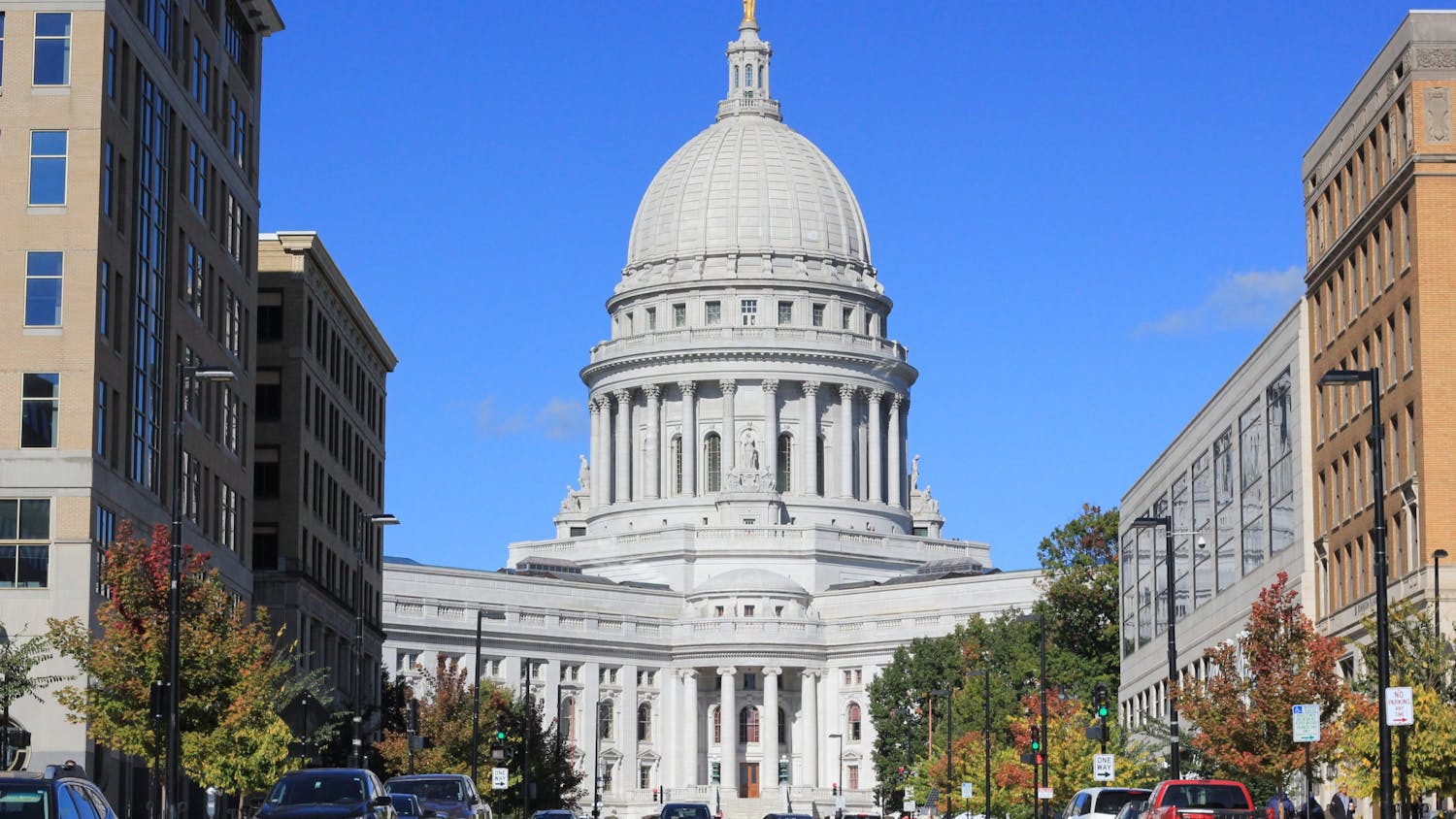In a victory for community environmental advocates, the city of Superior halted plans for the construction of a large gas plant near the Nemadji River and Lake Superior after grassroots organizations and citizens rallied against the project.
Originally approved by city officials in 2020, the gas plant proposal faced mounting opposition from groups of citizens, tribal leaders, healthcare professionals and environmentalists.
The Superior City Council took a decisive stand against the proposed Nemadji Trail Energy Center (NTEC) on April 4 when it rejected Minnesota Power’s requests for further deliberation and upheld the recommendation of its planning commission, effectively halting the gas plant’s development.
Abby Novinska-Lois, executive director of Healthy Climate Wisconsin, emphasized the impacts of the proposed gas plant on public health and the environment in a recent interview with The Daily Cardinal.
“Gas has a lot of community health impacts,” Novinska-Lois said, citing concerns ranging from cognitive impairments in children to respiratory issues and cancers associated with gas extraction and combustion.
In 2022 federal environmental regulators estimated the project, if completed, could cause $2 billion in climate damages from greenhouse gas emissions through 2040 and give off an estimated 2.7 million tons of carbon emissions each year, though the numbers are disputed by regulators and the Environmental Protection Agency.
Moreover, the proposed site’s proximity to Indigenous burial grounds sparked significant environmental justice concerns. The city returned the land to the tribe in 2022 as a significant gesture of reconciliation, according to Wisconsin Public Radio.
“You just gave that land back, you’re making healing progress and then to go back on that by building an industrial site on top of it? That has a tremendous impact on the mental health of Indigenous peoples,” Novinska-Lois said.
Superior’s existing environmental challenges, including high air toxin risk and industrial accidents, further underscored the need for alternative energy solutions.
Advocates believe the grassroots efforts that led to this victory highlight the power of community mobilization and civic engagement, Novinska-Lois said. “Just listen to your constituents, challenge what you’re hearing, and do some behind-the-scenes research.”
Healthy Climate Wisconsin, along with other environmental advocacy groups like the Sierra Club, focused their efforts on informing and engaging the community to better understand the issues at hand, according to the groups’ websites.
Healthy Climate Wisconsin is an organization led by nurses, doctors, public health workers and health professionals from across Wisconsin, while the Sierra Club is one of the largest grassroots environmental organizations in the United States.






